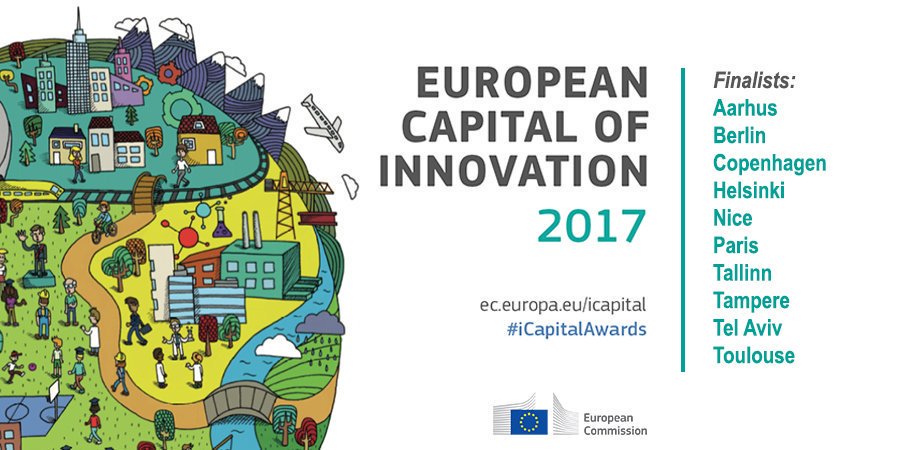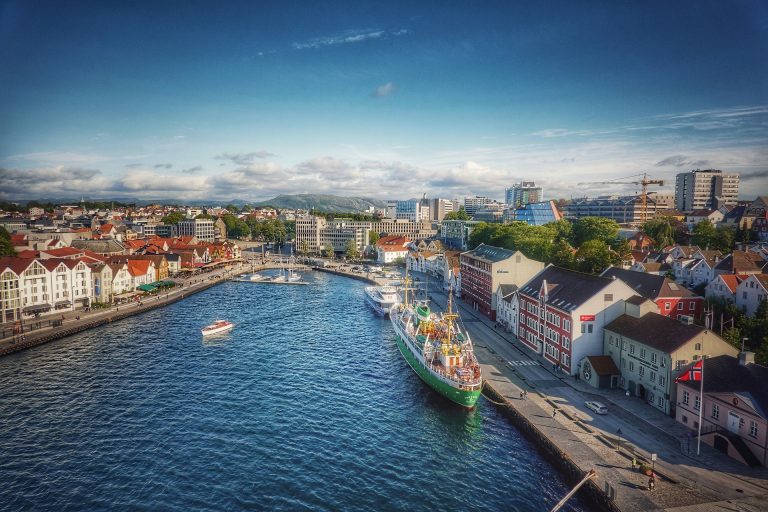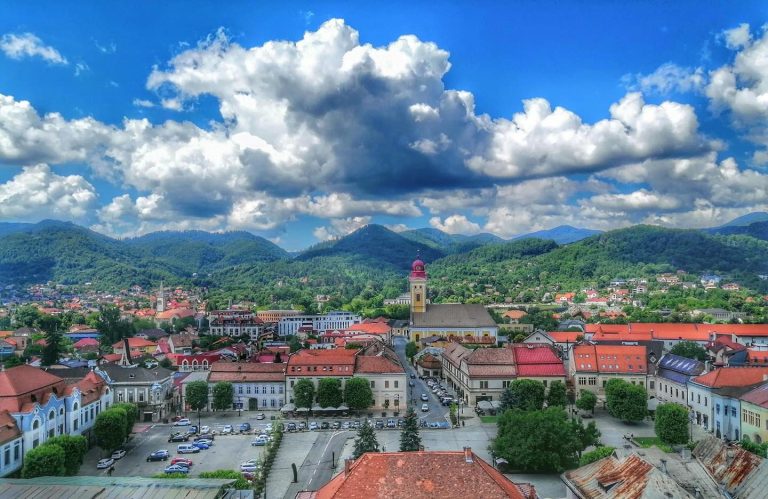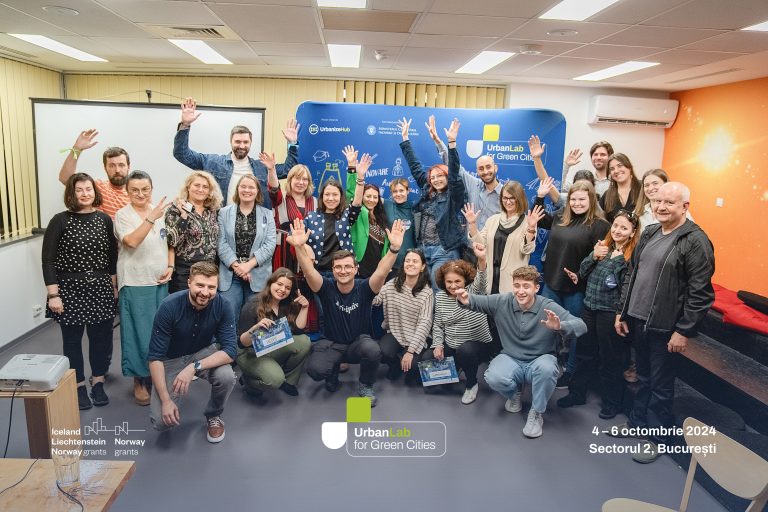The European Commission organized its annual “European Capital of Innovation Award” and out of the 32 cities that applied, the winner was announced on 7 November at the Web Summit in Lisbon, Portugal. Due to its unique innovative spirit, usually implemented through projects such as the world’s largest start-up campus, the innovation arc or urban farms, Paris was crowned with the title and received the prize of €1,000,000.
What about the runner-ups? Two €100,000 prizes were awarded to Tallin, Estonia and Tel Aviv, Israel, in the hope of expanding the cities’ innovation efforts even further.
The submission for the third edition of the European Innovation Capital award closed in June 2017 and the finalists were selected by an independent panel of experts on grounds of showcasing innovative ideas meant to improve the quality of urban life and to empower citizens.
The competition was open to all EU cities with more than a hundred thousand inhabitants, or to cities associated to Horizon 2020, EU’s research and innovation programme.
Cities had to prove they have created a sustainable environment suitable for innovation. They had to experiment with innovative concepts, tools and governance models and to engage citizens in the process and to ensure that their ideas would be taken into consideration.
Moreover, empowering the local ecosystem through sustainable practices and increasing the city’s attractiveness as a role model were among the judging criteria.
The victory of the capital of France is mainly due to its famous “inclusive innovation strategy”. Firstly, Paris is the home of Station F, the largest start-up campus on the globe, located in a former railway depot. It can foster more than a thousand start-ups, as well as giant companies such as Microsoft or Facebook, because its size is more or less the size of a laid-down Eiffel Tower.
Paris is also the home of the so-called innovation arc, a network of innovative projects spanning all across the city, including the famous FabLabs (fabrication workshops for collaborative projects) and urban farms teaching people about growing vegetables and reducing food waste.
Finalists for the European Capital of Innovation
Aarhus, Denmark – a smarter future seems within reach, as its civil society is united in breaking down silos, co-creating policies and experimenting with urban and cultural testbeds. “The future is not about flying cars, it’s about the people flying them”.
Berlin, Germany – an enormous urban living lab, promoting a holistic approach that enhances the urban ecosystem by performing real-life tests meant to innovate socially and digitally.
Copenhagen, Denmark – the experimental approach of this transformative living lab inspires, empowers and nurtures innovation; it enhances the possibility of a participatory community and provides empowerment opportunities.
Helsinki, Finland – accelerating innovation is the number one priority – on all levels, from governance to infrastructure and services. Consequently, new opportunities arise in healthcare, education and transport.
Nice, France – a unique coastal location paired up with an explicitly smart and sustainable city strategy provides collaborative and innovative solutions to issues such as climate change, security and environmental risks, while increasing the wellbeing for both locals and visitors.
Tallinn, Estonia – E-society has been implemented, with priorities such as a healthy lifestyle and a united city soon to follow. There is a platform for e-residency already in place, along with a smart street monitoring system, robots delivering parcels or self-driving cars.
Tampere, Finland – a former industrial district will soon be a carbon-neutral development for 25 thousand students. Waste is reused, research is seriously invested in and a sustainable urban environment is being co-created by citizens, communities, universities and companies.
Tel Aviv, Israel – Boasting almost 2 thousand start-ups and almost 100 start-up accelerator programs, the city is seriously focused around technological progress, a young society and an informal business culture, promoting growth on every level.
Toulouse, France – a true hub for the Internet of Things and a city dedicated to becoming a smart community. Helped by consistent international investments, Toulouse is committed to carrying out projects such as smart lighting, city-wide available Wi-Fi, achieving eco-friendliness by reducing emissions and exploiting renewable sources of energy.
https://www.youtube.com/watch?v=CmExdMXP0q0
Such awards and innovation programs represent remarkable incentives for European cities to grow, innovate and build for a better future. It is obvious that the projects that these urban communities have designed are multi-faceted, as they deal with a range of social issues and attempt to improve life for their citizens on multiple aspects. After all, the future is about the people living in it, and these projects are ultimately and essentially anthropocentric.
Sources: European Commission, Horizon
Photo: Twitter
Video: Youtube

